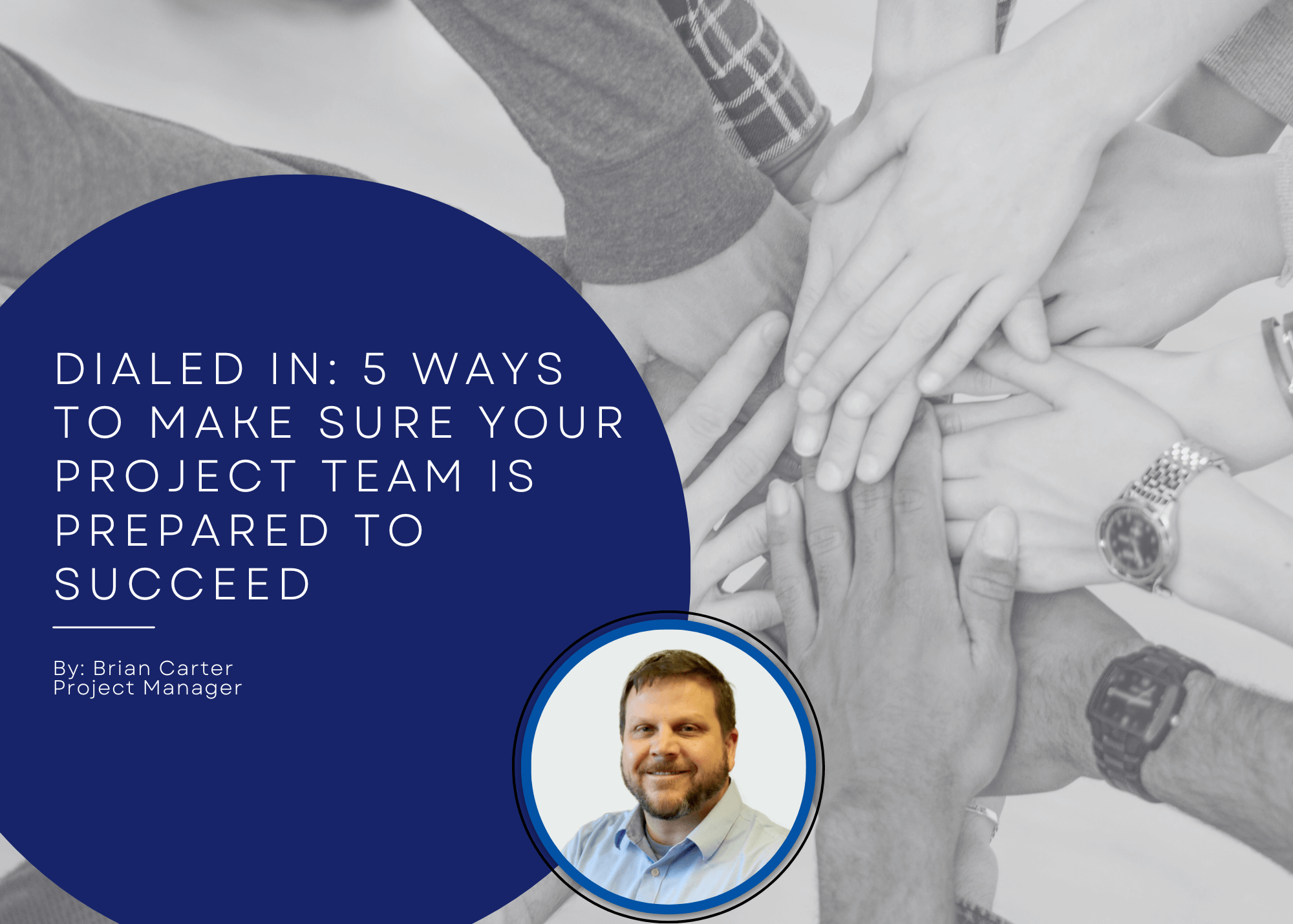I was listening to a podcast the other day called “Chasing Excellence” by Ben Bergeron and Patrick Cummings. While this podcast is generally centered around Crossfit and athletics, it also tackles being better at life in general. In this particular episode they talked about how they could tell if an individual would make it or not. This was just based on observing how they behaved. They noted the difference between two rookies coming in after a break in competition. The first rookie, scrambled around, found a snack machine got whatever he could and then sat down and ate. This individual was visibly anxious and hurried and obviously didn’t do well in the next event. The second rookie on the other hand finished the event, sat down and reached in his cooler where he had pre-packed exactly what he wanted to eat to ensure that he was properly fueled and ready for the next event. Calm and collected he proceeded to the next event knowing he’d done everything he could to ensure he had performed his best and of course that is what he did. They went on to describe how the good athletes would do that but the world class athletes would go even further. So much so to have the food they required delivered to the hotel in advance so it was ready when they got there. These individuals were “dialed in”.
That got me thinking how this relates to a project team in the senior living and multi-family development spaces. Is everyone on the team just going through the motions and checking the box? Or are they “dialed in”? Are they preparing for the what-if’s? Are they making sure they are in the best shape they can be in when the inevitable happens and something doesn’t go as planned?
How to Get “Dialed In” as a Project Team
As contractors, we all have our various logs to track progress on buyout, submittals, RFIs, material tracking, etc. Architects have master spec and best practices. Owners have performas. But what is it that will get us to the status of being “dialed in”? What is it that allows us to not only complete the project, but do so without the scrambling, anxiety, and visible hurriedness that can befall those that aren’t dialed in?
At The Douglas Company, we’ve narrowed it down to 5 Types of Meetings and Check-Ins that happen regularly throughout the lifespan of each project. Each type is unique and contributes to the success of the project in a different way – ultimately keeping our eyes on the goal and preparing for the inevitable while reducing risk for our clients. Let’s take a look:
1. Monday Morning Meetings
As the name suggests, our teams meet every Monday morning to review what we call “The Monday Morning Package”. This is a top to bottom review of the project where we go over purchasing status, material procurement, outstanding RFI’s, outstanding and upcoming submittals, and most importantly, roadblocks. This weekly overview helps us to know where we stand in every category, adjusting if needed.
2. Daily Huddles
These short daily check-ins with the team are just like a huddle on a sports field. Our teams come together briefly to go over daily and weekly goals, and celebrate wins. It helps us to make sure we’re keeping our eye on the ball and not getting caught up in the weeds.
3. Weekly OAC’s
O.A.C. stands for Owner, Architect, Contractor. And if you guessed that the owner, architect, and contractor (that would be us!) are all represented among the attendees, you’d be correct. This meeting is our weekly opportunity to review project status with the Owner and the Architect, and relay where we need information or assistance in keeping the project on track. This is also the time where we discuss the financial health of the project.
4. Monthly Coaching
All of our associates receive one-on-one meetings with their supervisors to review their personal progress on reaching their goals. It’s during these coaching sessions that our team can, if needed, receive help or request further assistance.
5. Process Systems Training (PST’s) and Lessons Learned
As an industry-leading general contractor, The Douglas Company has tested and true Process Systems for every aspect of our business, which we updated as needed. Our teams meet at least once or twice every month for Process Systems Training Meetings, during which time they go over any recent updates to process systems and ensure that everyone knows exactly how to execute it properly. In these meetings, we also discuss our ‘lessons learned’, talking about instances that led to the change in the process, sharing experiences and learning from each other.
These five things, when implemented across the board, have directly led to our teams being dialed in and as a result has led to the successes of our many multi-million dollar projects.

Brian Carter
Project Manager
The Douglas Company

leave a comment